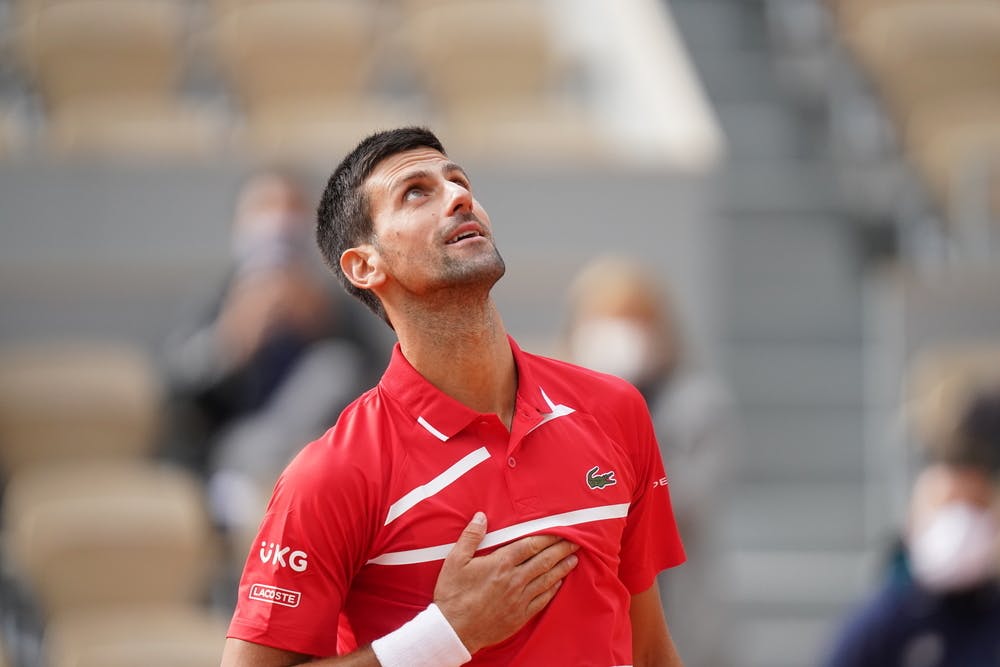Novak Djokovic is never in danger of being saddled with “the under-achiever” tag in any aspect of his day job.
Even competing in the era of a 12-time Roland-Garros champion – the most dominant on any one surface – the Serb’s numbers on the red dirt are too often overshadowed and underappreciated.
That is how the narrative rolls when a player reigns as forcefully as Rafael Nadal on clay and when Djokovic – with a lone trophy from Roland-Garros – is busy racking up his hefty share of records elsewhere.
 ROLAND-GARROS
18 May - 7 June 2026
ROLAND-GARROS
18 May - 7 June 2026


